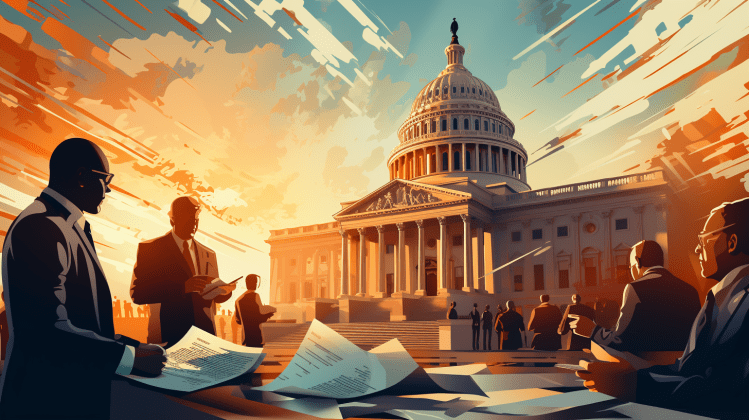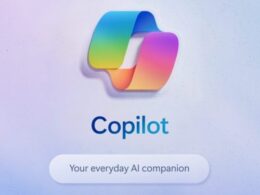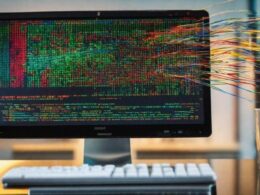The U.S. Copyright Office has taken a stance on creations made with generative artificial intelligence (AI) by stating that they are largely ineligible for copyright. The reason behind this is the fact that these creations do not primarily come from a human hand. However, an interesting development has occurred as the Federal Trade Commission (FTC), an agency typically not involved in copyright matters, has spoken up about AI in a recent filing.
FTC’s Concerns and Accusations
In its filing, the FTC expressed concerns about the potential copyright infringement and consumer deception that can result from AI development. The agency warned that generative AI has the capability to mimic artists’ faces, voices, and performances without their permission, misleading consumers about the true authorship of a work. Additionally, the FTC raised issues about copyright violations, highlighting that AI systems are often trained on pirated content scraped without consent.
“The use of pirated or misuse of copyrighted materials could be an unfair practice or unfair method of competition under Section 5 of the FTC Act.” – Federal Trade Commission
Furthermore, the FTC pointed out that leading AI companies, such as OpenAI and Anthropic, are currently facing lawsuits accusing them of using copyrighted content in their training data, potentially violating copyright laws.
Deception and Unfair Competition
The FTC emphasized the negative consequences that arise when authorship does not align with consumer expectations. This is particularly problematic when consumers believe a work was created by a specific artist, only to discover it was generated by someone else using an AI tool. The FTC also raised the concern that generative AI could enable unfair methods of competition, allowing powerful firms to harm competition.
While fair use has traditionally played a role in copyright law, the FTC cautioned that conduct lawful under copyright could still potentially violate consumer protection laws. The agency pledged to use its authorities to protect Americans from deceptive and unfair conduct involving AI.
“There is no AI exemption from the laws on the books.” – Federal Trade Commission
The debate surrounding AI and copyright showcases the intricate relationship between copyright and consumer protection statutes. As AI rapidly evolves, regulators are grappling with how to effectively monitor and regulate the impact of generative models. While the FTC argues that oversight falls under its mission, some stakeholders believe the agency is overstepping its authority.
Striking the right balance between consumer welfare and creative incentives in AI-transformed markets will require careful legal analysis. AI developers must navigate the responsibilities outlined by both copyright and consumer protection laws. Proactively considering potential harms to consumers and creators, such as unauthorized use of copyrighted source materials and misleading outputs, will be crucial for businesses operating in this evolving landscape.
As the legal boundaries continue to be contested, ethical AI practices that respect rights and prevent deception will not only protect companies legally but also earn them favor in the court of public opinion.
“While the FTC believes oversight of generative models’ impacts falls squarely within its mission, some stakeholders contend the agency is overstepping its authority.” – Federal Trade Commission










